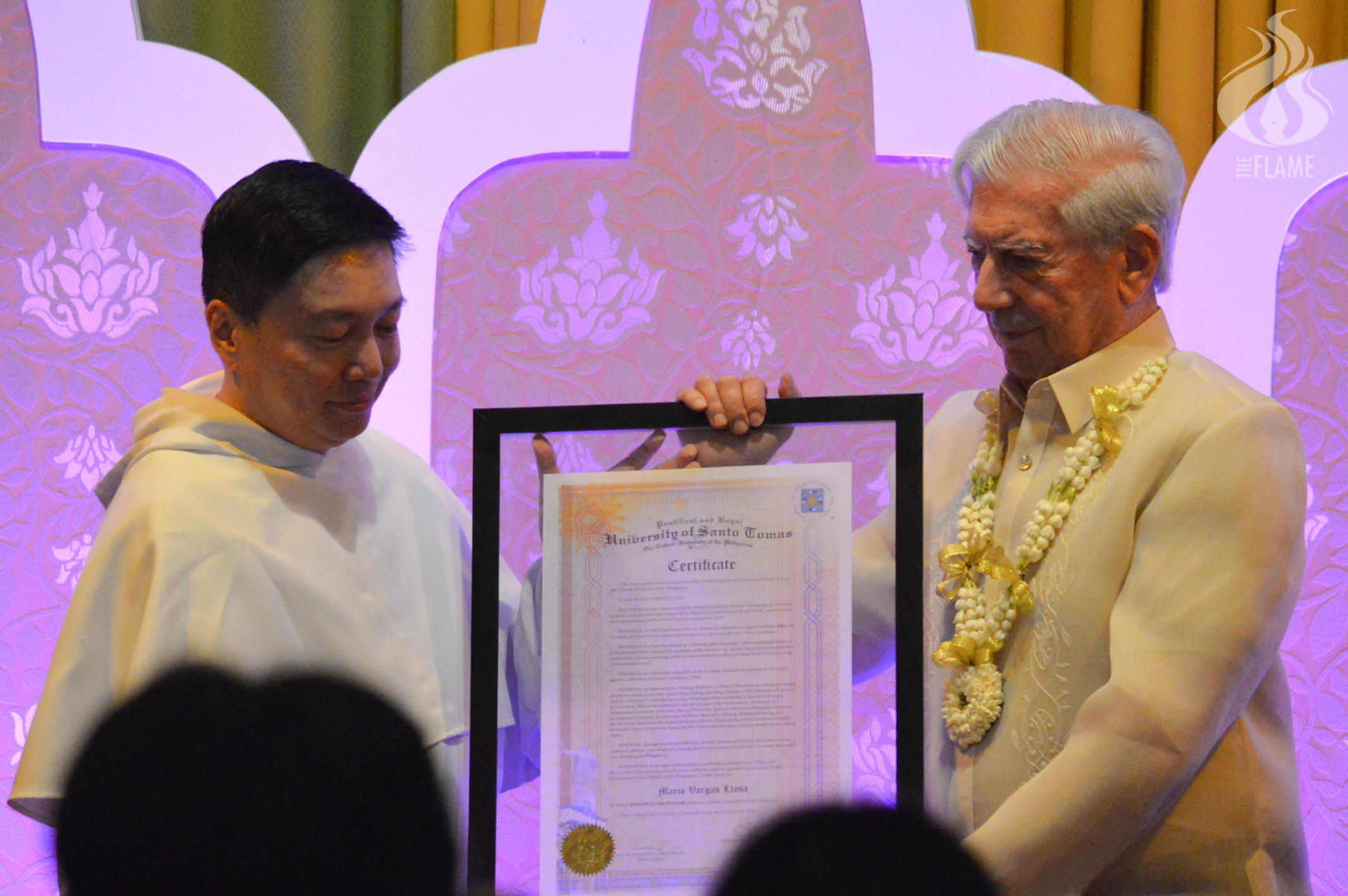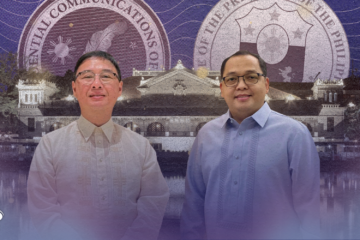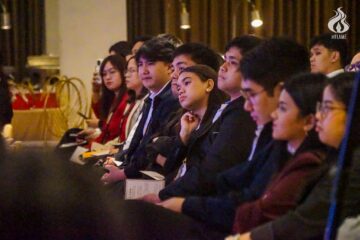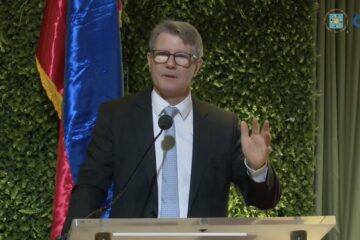
NOBEL PRIZE in Literature awardee Mario Vargas Llosa expressed his confidence in the power of literature to denounce dictatorships and other social ills in his lecture as an honorary professor of the University of Santo Tomas.
“It (literature) does not only express one’s conviction, but [it] also [expresses] his feeling and his passion […] It is also in this matter [that] literature best contributes to progress,” Vargas Llosa said in Spanish during his lecture held today at the Dr. Robert C. Sy Grand Ballroom of the Buenaventura G. Paredes O.P. Building.
Vargas Llosa grew up in political turmoil in Peru, which allowed him to realize the subversive powers of literature.
“The subversive role of literature is not felt as simply as the higher level of entertainment that reaches our knowledge but it is fixed to think that [it] makes us leave our dreams side by side the social and political problem a society faces,” said the 2010 Nobel Prize and 1994 Miguel de Cervantes Prize awardee.
Vice Rector Rev. Fr. Richard Ang O.P., in his welcome address, described Vargas Llosa as “the fearless Latin-American novelist” that made meaningful social commentary.
“[He is] the only author whose work has contributed to enrich the literary harmony of the Spanish language,” Ang said.
A colorful and controversial literary icon, Vargas Llosa received the Nobel Prize “for his cartography of structures of power and his trenchant images of the individual’s resistance, revolt, and defeat.”
His renowned works include La Ciudad y los Perros, The Time of the Hero, The Green House, Conversation in the Cathedral, La Tía Julia y el Escribidor, The War of the End of the World, The Storyteller, La Fiesta del Chivo, Travesuras de la Niña Mala, El Sueño del Celta, El Héroe Discrete, and his latest Cinco Esquinas.
His first visit in the country was in 1978, in which he met with Philippine PEN (Poets & Playwrights, Essayists, Novelists) writers, now led by a Thomasian alumnus and National Artist for Literature F. Sionil Jose.
Vargas Llosa’s most recent visit in the country was an invitation of the Spanish cultural body of the Embassy of Spain, Instituto Cervantes de Manila. F – Donn Clarenze Gonzales



